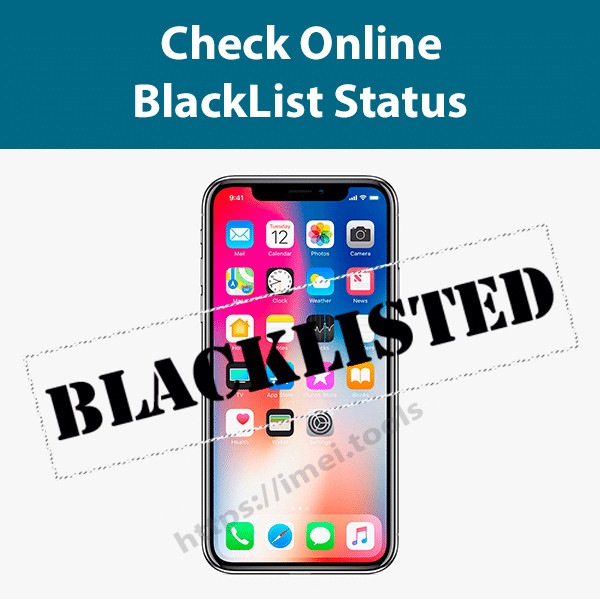Sound Therapy products are used to encourage the body’s natural healing processes. They can help relax the mind, reduce stress and anxiety, promote healthy sleep, and improve cognitive abilities. They are also effective in reducing pain and can be used alongside other treatment methods such as exercise, diet, medication and massage.
There is an extensive range of sound therapy products available on the market. Some are designed to be listened to using headphones, while others are intended to be played through speakers. Some are purely relaxing, while others use brainwave entrainment to help manage and soothe tinnitus symptoms. Some are portable and can be taken with you while travelling, while others are designed to be plugged in at home or at work.
The power of music and song has been well documented throughout history, but recently there has been a growing interest in the therapeutic effects of sound. Known as ‘sound healing’ or ‘sound therapy’, the practice involves using sound to bring about a positive change in the vibration of the cells in our bodies, and encourage the body to start the process of self-healing. Sound can be used in many different ways, from chanting, singing and beating drums to tuning forks, acoustic stones and wind chimes.
Some sounds are particularly soothing, such as the crashing of waves or the gentle hum of an airplane during flight. Others are more subtle, such as the rustle of leaves or a brook in the distance. Many people find that listening to certain sounds, particularly repetitive, rhythmic ones, can reduce their tinnitus levels or at least make them less noticeable. The deliberate use of any sound to reduce awareness of tinnitus or its distressing qualities is known as sound therapy or sound enrichment and there are a wide variety of devices available including wearable devices, tinnitus management apps or bedside sound generators.
The use of sound to reduce tinnitus awareness or distress is widely used, but the evidence base is limited and there is no strong clinical recommendation at present. The committee considered that the use of customised sound therapies was unlikely to be clinically effective in isolation, but may be an important component of a broader tinnitus management programme delivered with the support of a healthcare professional.
